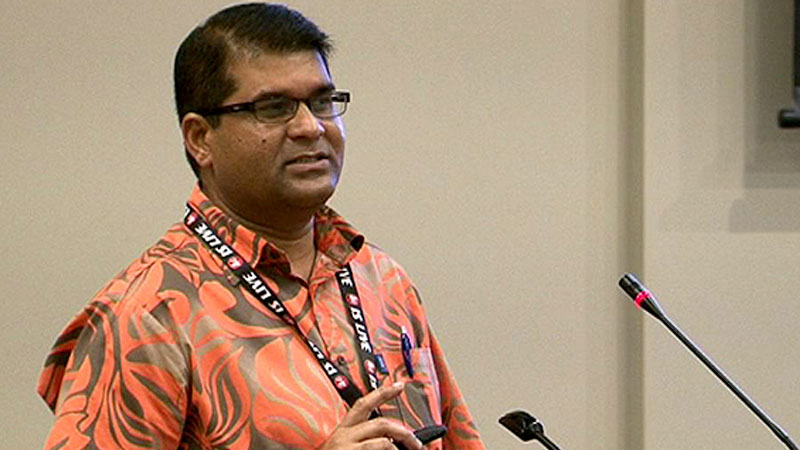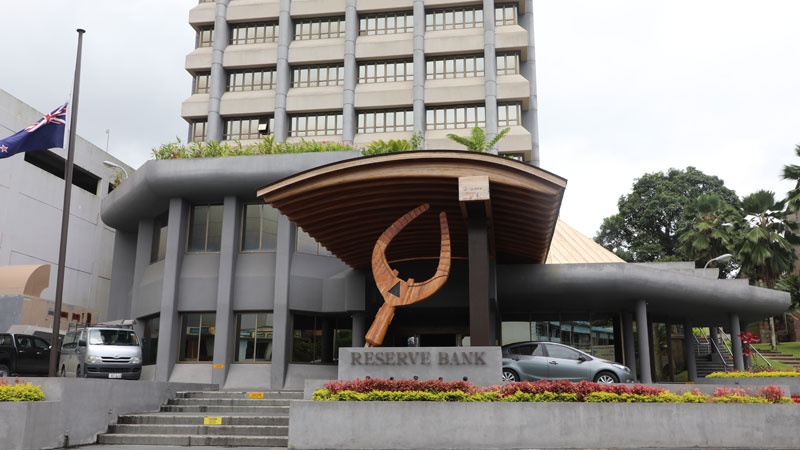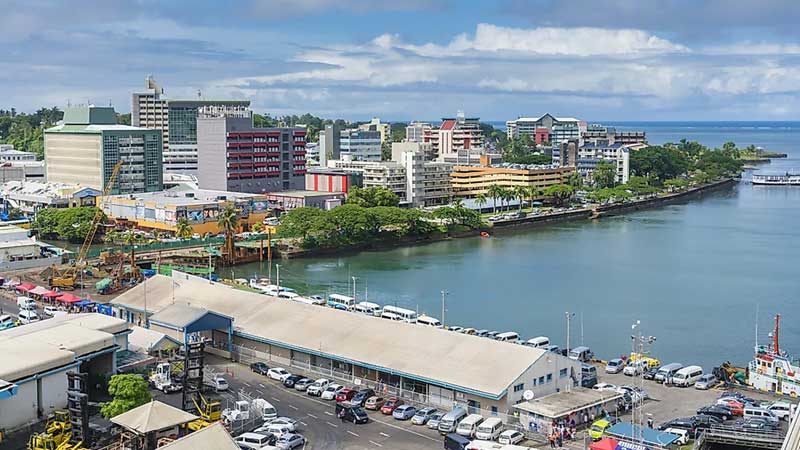
The Reserve Bank of Fiji Governor and Chairman of the Board, Ariff Ali says in the months ahead, economic prospects are relatively favourable as the appetite to travel to Fiji is visible from the growing airline and hotel bookings.
Ali says a bounce in consumption spending is also expected, led by the approaching Diwali and Christmas festivities and the second pay-out from the Government’s unemployment assistance scheme.
He says the anticipated strong inflow of personal remittances, which grew annually by 17.4 percent to $595.6 million in September, will continue to support spending for many households moving ahead. This is the money sent by people living abroad to Fijians here at home.
However the RBF Governor says uncertainty about the pace of the awaited tourism recovery, resurgence in infection rates, natural disasters and the domestic spill-over of mounting global inflationary pressures remain key concerns to the economic outlook.
Ali further says domestic economic activity is gradually improving from the setback caused by the outbreak of the Delta variant, as an increasing national vaccination rate has allowed for the further easing of COVID-19 related restrictions.
He says while the economy is still expected to record a small contraction in 2021, several partial indicators recorded monthly improvements in September following the COVID-19 induced drop that began from the second quarter of 2020.
Ali says this included monthly growth in the production of electricity, cement, mineral water, gold, sawn timber, wood chips and mahogany.
The RBF Governor also says consumption activity has also picked up, evident from higher net VAT collections and increased second-hand car sales.
The RBF’s Job Advertisement Survey also registered a monthly uptick in the number of newspaper vacancies in September, suggesting that labour market and economic conditions are slowly improving.

While credit conditions remain soft, the injection of approximately $300 million through the various Reserve Bank of Fiji Facilities, including approximately $93.3 million in loans to 4,185 businesses under the Government Guarantee and Interest Subsidy Scheme, where borrowers do not pay interest or fees for the first two years, have also boosted economic recovery.
Reserve Bank of Fiji Governor, Ariff Ali says for the financial sector, ample liquidity in the banking system amounting to $1.554 billion along with the Reserve Bank’s easing measures, have helped keep borrowing rates low and provided support to the economy.
Ali says lending rates and the cost of funds have generally fallen over the year, with financial institutions continuing to provide a moratorium to selected customers during this difficult time.
The Governor says the non-performing loans ratio remains elevated, although buffered by adequate provisioning and a well-capitalised banking system.
The Reserve Bank of Fiji Board has also maintained the Overnight Policy Rate at 0.25 percent following its monthly meeting today.

The Reserve Bank of Fiji forecasts inflation to reach 2 percent by the end of 2021 from -2.6 percent at the end of 2020 after accounting for elevated external price pressures, especially for energy and food.
RBF Governor, Ariff Ali says while domestic inflationary pressures remain contained, for now, the surge in global commodity prices amid persistent supply shortages has filtered through to the prices of some goods and increased the contribution of imported inflation to overall headline inflation.
Meanwhile foreign reserves remain at comfortable levels at $3.099 billion, sufficient to cover 10.7 months of retained imports and are projected to remain adequate in the short to medium term.
The RBF Governor affirms that the RBF will continue to support the economic recovery through its conduct of monetary policy, remain vigilant in assessing evolving domestic and international economic scenarios, and align monetary policy as and when required.
Stay tuned for the latest news on our radio stations


